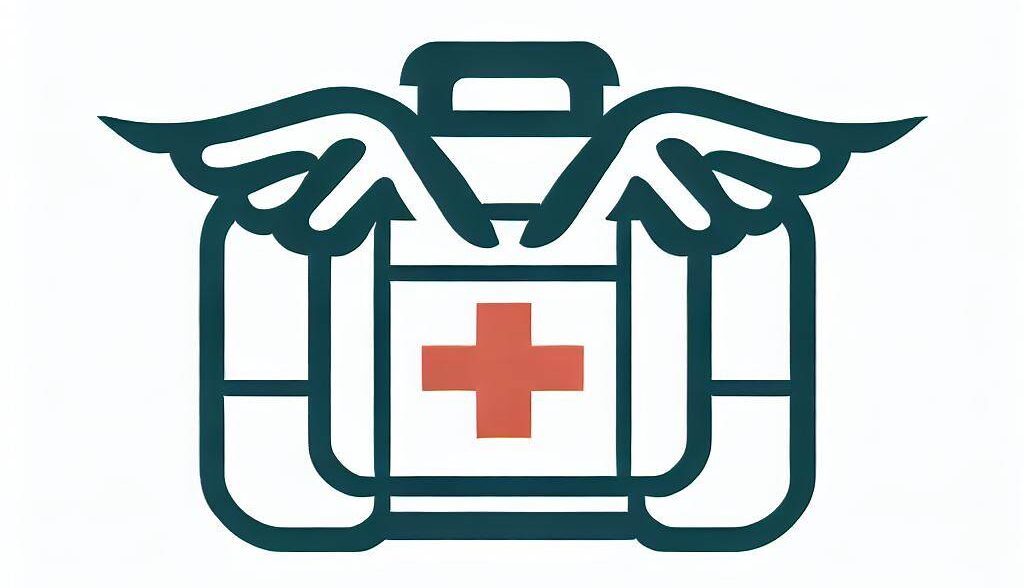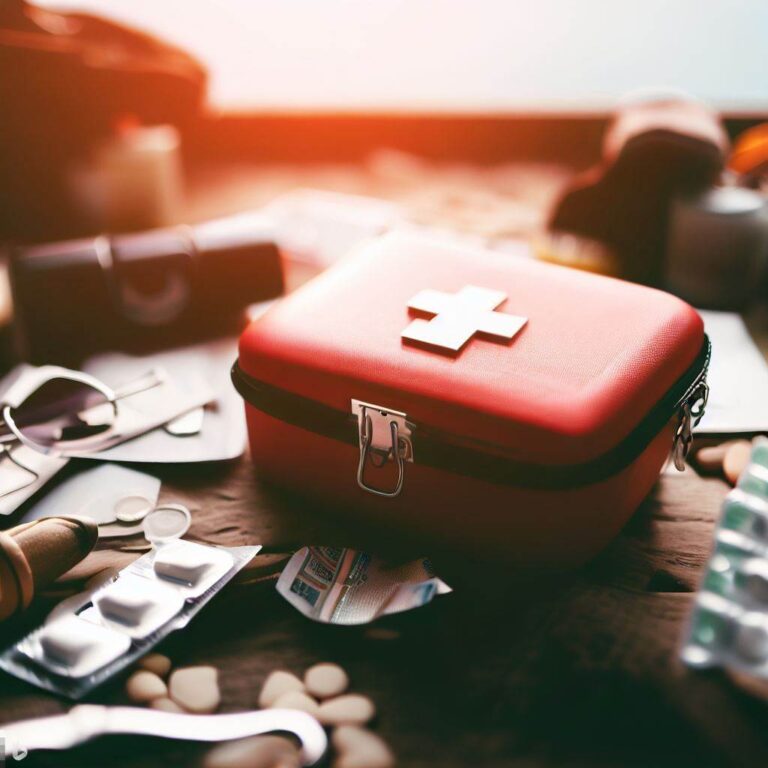Traveling can be exciting, but it can also be stressful for your body. From jet lag to motion sickness, there are a variety of health issues that can arise while on the road.
To be prepared, it’s important to pack a few essential over-the-counter (OTC) medications that can help alleviate common travel-related ailments. While you are in your pre-planning phase, be prepared by having a full travel medicine list.
You can begin with these OTC medications that should be in every traveler’s first-aid kit. You can also click here to read what you should bring if you are traveling with children.
Remember, with any over the counter medication you choose to take, it is IMPORTANT to discuss with your health care provider to ensure that it is safe for you to take. Note: Products suggested below are items that can be commonly used in the event of a first-aid situation. Please discuss with your health care provider regarding it’s safety use.
Here are some must-have OTC medications to pack for your next trip. Click here if you want to learn more about how to pack your medications correctly.
Pain relievers
Whether it’s a headache from jet lag, headaches, or sore muscles from carrying heavy luggage, pain relievers like ibuprofen or acetaminophen can come in handy while traveling. These medications can help alleviate pain and reduce inflammation, making it easier to enjoy your trip. It also has the added benefit of being a fever-reducer as well. Just be sure to follow the recommended dosage and check with your doctor if you have any underlying health conditions or are taking other medications. I would recommend bringing both so you have the option to alternate between the two.
- Acetaminophen (Tyelnol)
- Ibuprofen (Advil)
Antihistamines for allergies
If you suffer from allergies while traveling, antihistamines can be a lifesaver. They can help relieve symptoms like sneezing, runny nose, itchy eyes, and nausea. Just be aware that some antihistamines can cause drowsiness, so it’s best to take them when you have some downtime or before bed. For travelers with known food-allergies, it would be beneficial to discuss with your health care provider to obtain an epi-pen. Always have an Allergy-Action plan.
3. Benadryl (fast acting antihistamine, for immediate relief)
4. Zyrtec (for general allergen control)
5. Flonase (can help with sneezing or runny nose)
Anti-diarrheal medication
One of the most common health issues travelers face is diarrhea, which can be caused by a variety of factors including changes in diet, water, and hygiene. OTC Anti-motility agents work by slowing down the movement of the intestines and can provide relief from symptoms like abdominal cramping and loose stools. However, it’s important to note that if you have severe diarrhea or bloody stools, you should seek medical attention immediately. You may discuss with a travel health specialist or your primary health doctor if it would be appropriate to travel with an antibiotic in the event of Travelers’ diarrhea.
6. Pepto bismol or Imodium
Constipation
For many travelers, traveling can take a toll on a person’s circadian rhythm. With new foods, inadequate fluid intake, lack of fiber, constipation and bloating can be bothersome. Traveling with a fiber supplement and/or a stool softener can help alleviate feeling full.
7. Metamucil (fiber supplement)
8. Miralax (mild laxative)
Medications for motion sickness
If you’re prone to motion sickness, it’s important to pack medication to prevent or alleviate symptoms. If you are prone to nausea or vomiting while on a boat, plane, or long car ride, consider taking these medications at least an hour beforehand. It’s also important to note that some medications can cause drowsiness, so be sure to read the label and plan accordingly.
Alternatively, you may also discuss with your healthcare provider to see if scopolamine patches would be an option. This requires a prescription. Usually, these patches are not recommended for children or adults who have a form of glaucoma, so please discuss with your health care provider.
9. Dramamine or Bonine
Topical creams for skin issues
You want to be prepared for any skin flare-ups caused by bug bites, rashes, cuts, or sunburns. Having these OTC items can help alleviate some of the most common skin concerns during your travel.
10. Hydrocortisone cream (for bug bite itch relief)
11. Antibiotic cream for wounds or cuts (Neosporin, Bacitracin)
12. Aloe gel for sunburns
Cough, congestion, cold medicine
Access to a local pharmacy may be difficult to find depending on where you are. When you are sick with a cold, the last thing you would want to do is leave your bed and find a pharmacy. Having these over-the-counter cold relief medications can save you time and effort in the event you need immediate relief for your congestion or sore throat.
13. Dayquil/Nyquil
14. Cough drops or throat lozanges
Antacids
New foods and spicy foods could cause heartburn. If you are prone to heartburn, consider bringing an antacid with you. It is best taken before your meals to prevent any discomfort you may feel during and after you finish your meal.
15. Calcium carbonate (Tums) or Pepcid
TravelHealthInsider.com may earn a commission on purchases made through these links at no additional cost to you. We are a participant in the Amazon Services LLC Associates Program, an affiliate advertising program designed to provide a means for us to earn fees by linking to Amazon.com. These product recommendations are provided for informational purposes only and should not be considered an endorsement or guarantee of suitability. Individuals are encouraged to conduct their own due diligence and discuss any medication use with their health provider to ensure the products meet their specific needs.
Post last updated: 1/4/2025


























